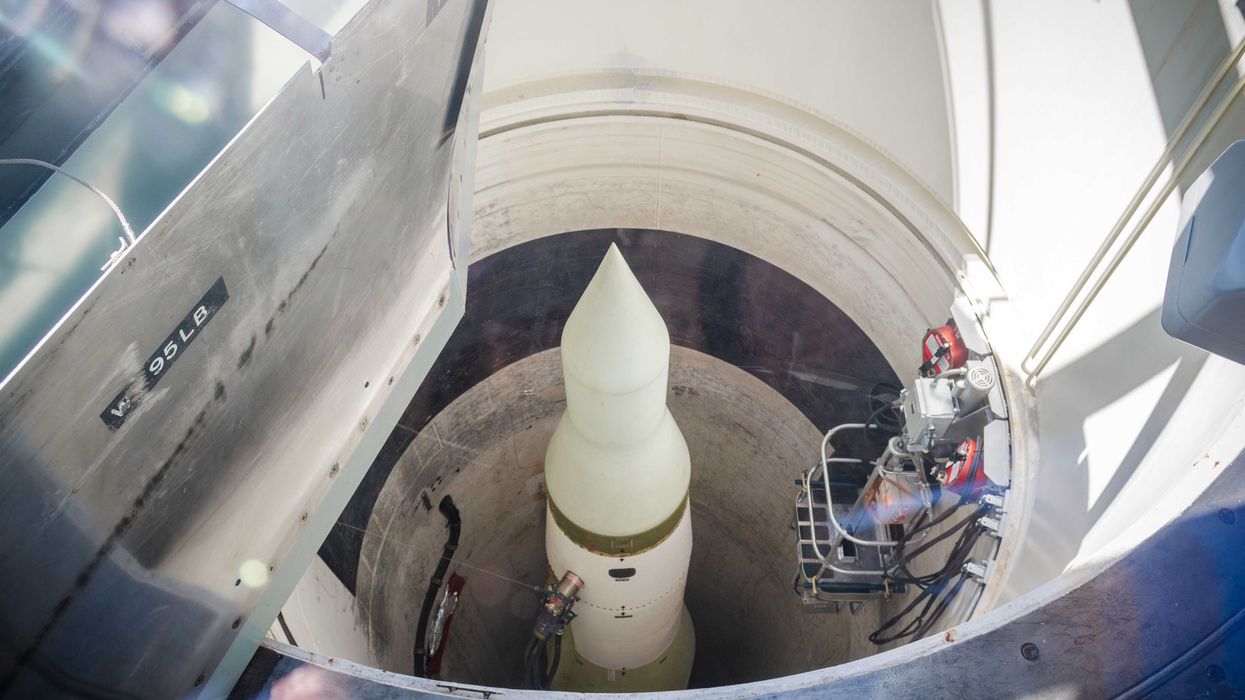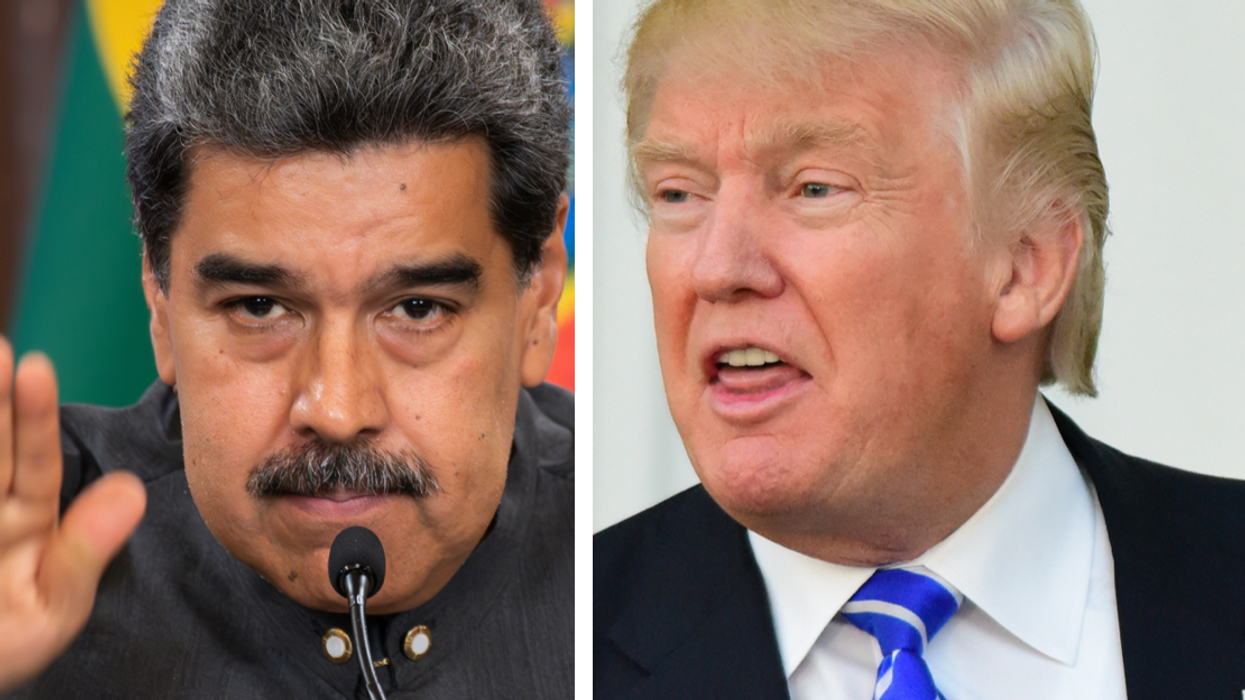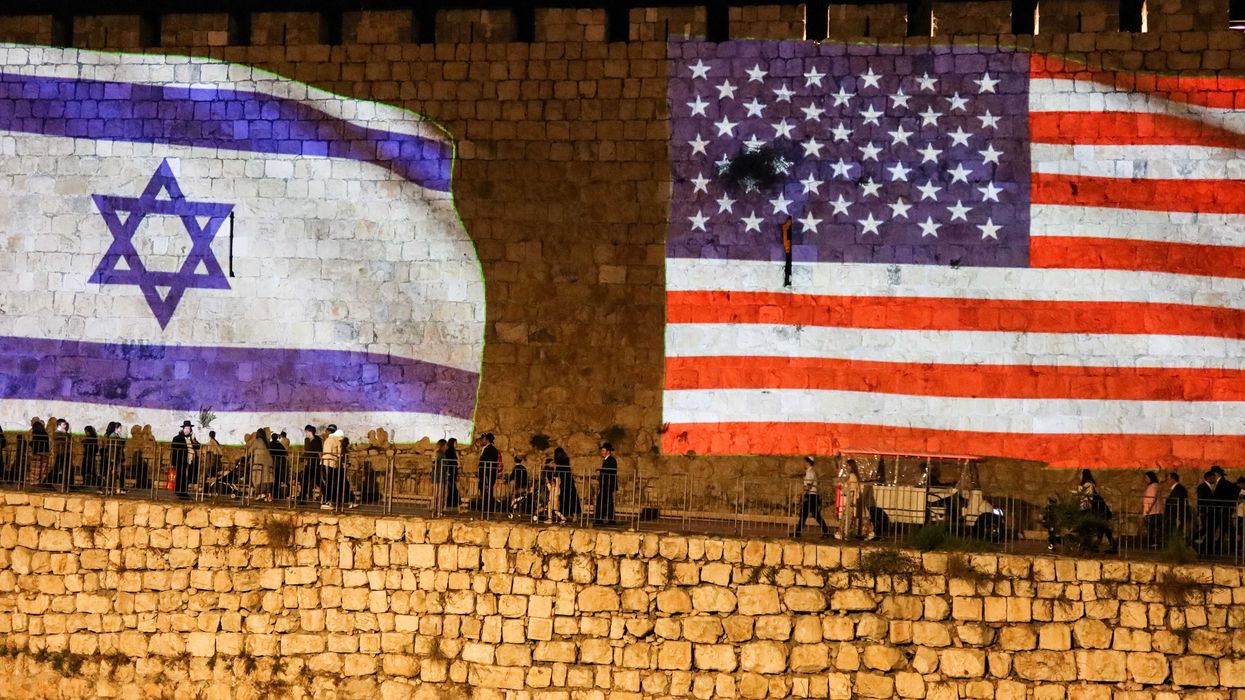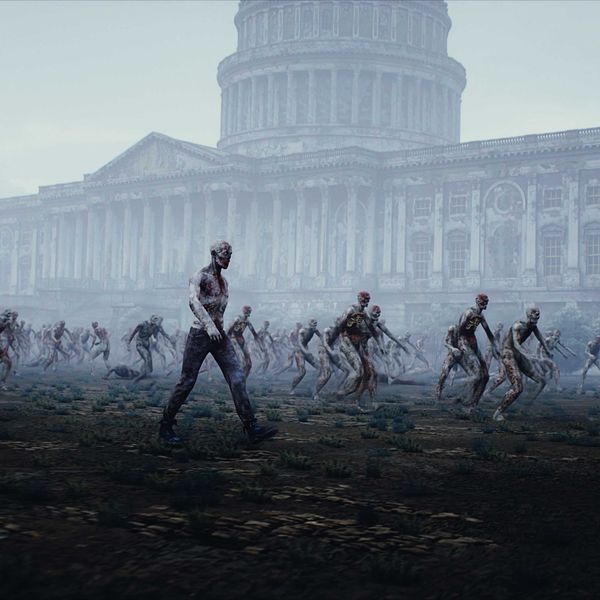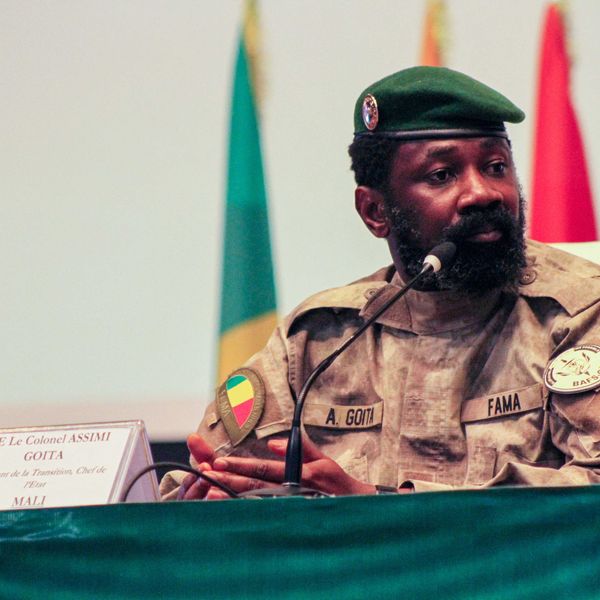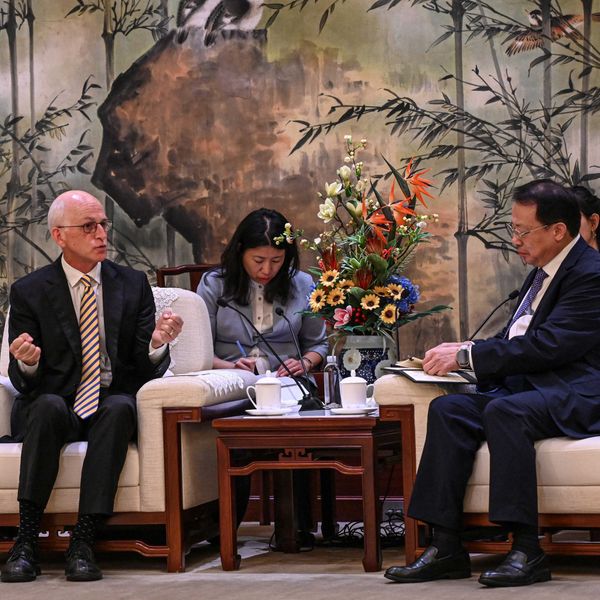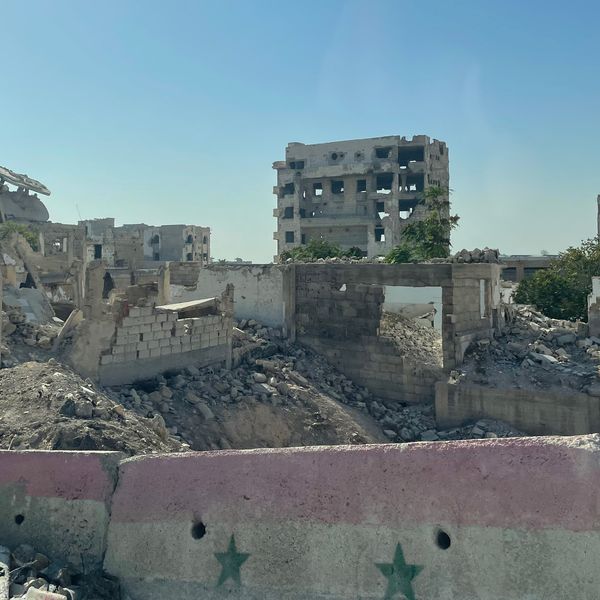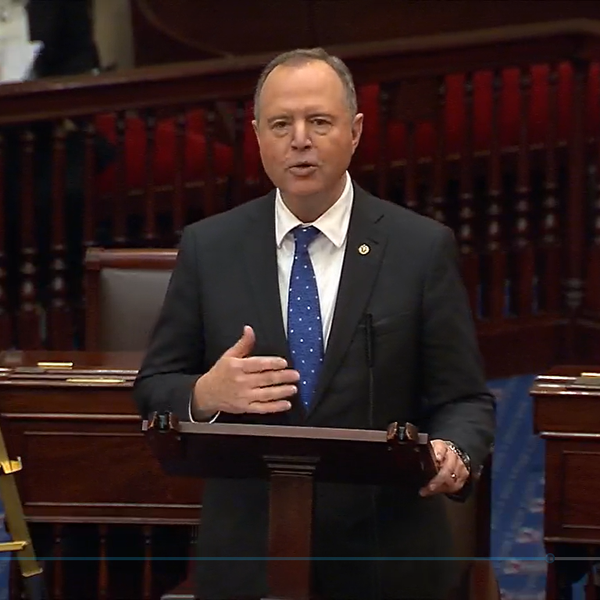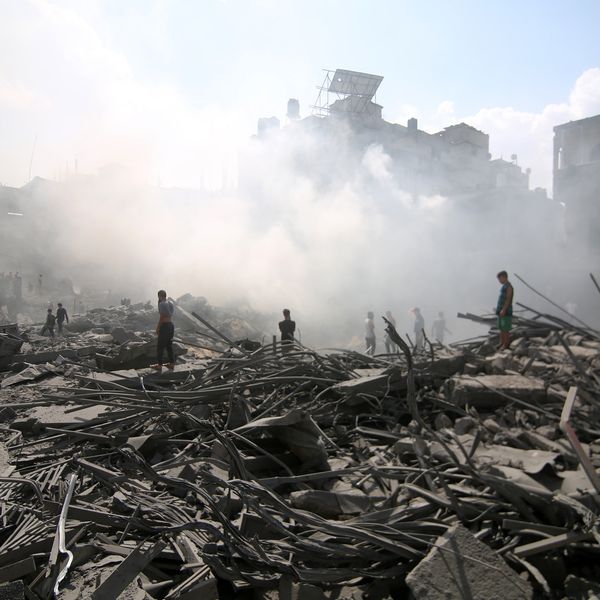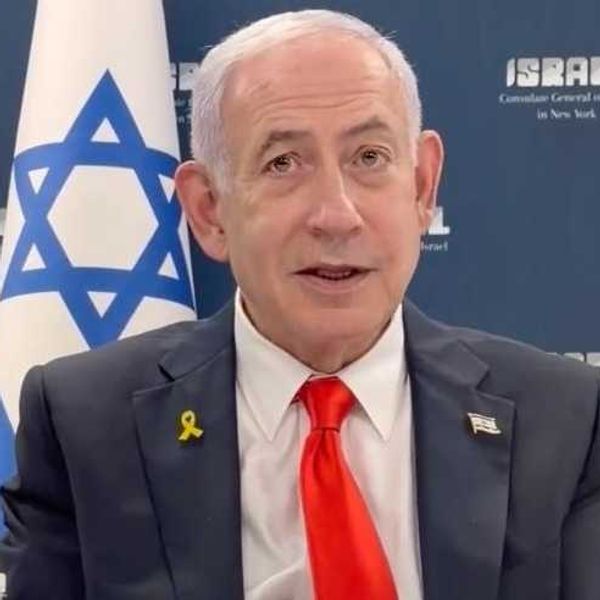West Africa’s regional body, ECOWAS, is set to meet at an extraordinary summit on Thursday following the end of a deadline it issued to General Abdourahmane Tchiani-led Nigerien junta to vacate power and restore the democratically-elected government of Mohamed Bazoum.
The deadline, which expired on Sunday, has sparked fear and anxiety that the region may descend into war.
This is as coup leaders in Niger, backed by juntas of the two Central Sahel states, Mali and Burkina Faso, grew even more adamant over the weekend by shutting the country’s airspace, citing increased threat of foreign military invasion. Last week, Niger cut ties, including military agreements and protocols, with the United States, as well as France, Nigeria, and Togo, while recalling its ambassadors in a move to show it is not ready to back down.
Many Nigeriens, some waving Russian flags, have emerged since last week to show support for the coup and demand an end to French presence in Niger. Over 30,000 people rallied on Sunday at the 30,000-seat Seyni Kountche stadium, named after Niger’s first coup d’etat leader in 1974. “Nigeriens are very confident. We have the support of Allah, we have a committed people and a patriotic army,” Aboubacar Salou Maiga, a defiant coup supporter, told RS.
Surprise Coup
In a move that has surprised the West which until now considered Niger an anchor of stability in the region, troops of the country’s presidential guard deposed President Mohamed Bazoum on Wednesday July 26, 2023.
“While the coup was a surprise, discontent was brewing. Niger has long been seen as an ally of France in the fight against insurgency and instability,” Tulane University Anthropology Professor Adeline Masquelier told RS.
“General Tchiani orchestrated the coup because he feared he was going to be fired by President Bazoum who had planned to restructure the presidential guard. Beyond this prosaic reason, we can see a wider pattern in the region that speaks to the way the military understands its place in the political landscape,” she added.
Since then, the situation has escalated with the arid country of 25 million now on the brink of war with its more powerful neighbors. The Nigerian-led regional body, ECOWAS, announced sanctions on July 30 and a one-week ultimatum for the junta in Niger to restore the deposed president. Nigeria which is responsible for at least 70 percent of Niger’s electricity has cut supply to the country.
“Just like the coups in Mali, Burkina Faso, and Guinea which occurred in the context of a widespread frustration with insecurity, in particular, the terrible cost of violent attacks on both civilians and soldiers, and the governments’ inability to quash Islamist insurgencies, in Niger, we are witnessing a similar exasperation and anger on the part of the population," Masquelier explained.
"Many Nigeriens are also angry with what they see as endemic corruption and mismanagement on the part of successive governments.”
According to the Armed Conflict Location & Event Data Project (ACLED), Niger has experienced continuous growth in jihadist activity since 2018, with a record year for violence in 2021 measured by fatalities. After nine years, “Operation Barkhane” — the French-led military initiative meant to tackle the insurgency plaguing the region — initially showed success but this was not sustained, critics say.
Meanwhile, some of the protests in Niamey have been violent resulting in the trashing of the French embassy. Last week, France, Italy and other European governments evacuated their citizens from Niger although about 1,500 French soldiers are still stationed in the country.
Standoff
Right now, and despite the fissure that has emerged within, ECOWAS shows no sign of backing down while the Nigerien junta continues to call its bluff — all signs that things could quickly escalate which could further destabilize one of world’s poorest regions. Niger is located at the heart of the Sahel — a region beset by jihadist terrorism and a climate crisis that has killed thousands and forced millions to flee.
“Military coups, such as those observed in West Africa, can have significant implications for regional security and ongoing issues such as the fight against jihadist terrorism, climate change, and illegal migration in the Sahel region,” said Sunday Ogunlana a professor of National Security at Collins College, Texas.
Bazoum had been a strong ally of the West in mustering a fight against the security threats and a strong democratic symbol in the region. Now many fear that his removal will allow the Russian mercenary force, Wagner, to gain a foothold in Niger, following the patterns of events in Mali and Burkina Faso. Although Russia officially opposed it, Wagner boss, Yevgeny Prigozhin, who is widely seen to be spreading Russian influence in Africa, has welcomed the coup.
All eyes will be on ECOWAS as it meets on Thursday. The body has previously intervened in Liberia and Sierra Leone as well as Guinea-Bissau and Côte d’Ivoire. But its most recent success is The Gambia when in January 2017 it deployed troops to persuade the country’s long time ruler, Yahya Jammeh, to step down.
“The difference between Gambia and what is happening in Niger Republic, however, is the fact that the Gambian military tacitly supported the ECOWAS troops,” said Stephen Adewale, Director of Africa Dialogue Mission. “In fact, the Gambia Chief of Army Staff made it clear that the Gambian forced would stand down. If the Gambian military had backed Jammeh, it would not have been that simple.” Adewale believes diplomatic efforts rather than military invasion is the way out.
“The ECOWAS soldiers, known as ‘white helmets,’ are not exactly an army. These forces are not trained for the specific task required to deal with a coup. Local populations would likely suffer considerably,” Masquelier explains.
Cold War dynamics
By and large, the coup “signals the defeat of the U.S. strategy to retain an influence in the region,”Masquelier said. Incidentally, many members of the Nigerien military who support the coup were U.S.-trained.
“In fact, there is a certain irony in the fact that U.S. trained-military personnel, who are sent to U.S. universities and military training bases to learn to protect democratic institutions, are sponsoring or supporting the coup,” Masquelier added. “And it’s not the first time. It’s happened in Burkina Faso, Mali, Guinea, Sudan and elsewhere.”
Given that Mali, Burkina Faso, and Guinea, countries that have been suspended from ECOWAS, have expressed support for the Niger’s coup leaders, there is a risk a military intervention will reshape the balance of power in the region, with the blessing of Russia which is benefiting from the ousting of France and the U.S. from Niger’s orbit.
“We are witnessing a return to a kind of Cold War dynamic, with Russia and the West vying for influence. In Mali, Russia is extremely popular. In fact, Russia is seen by many Malians as the best and only possible partner in the fight against Islamist insurgencies,” Masquelier said. “Russophilia is not new in West Africa, even if the sight of so many Russia flags in the streets of Niamey is surprising to many.”

